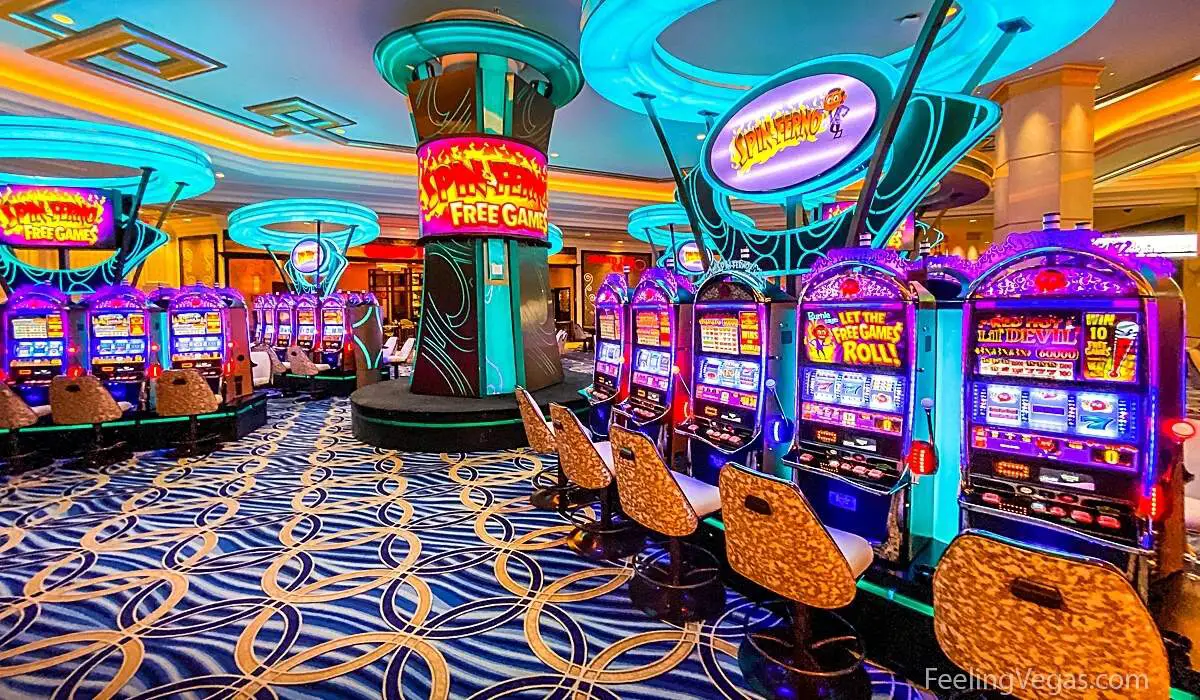
Casino experiences have enthralled players over the ages, progressing from simple pastimes to sophisticated forms of entertainment that blend luck, strategy, and amusement. From the early beginnings of gambling in societies including ancient Mesopotamia and Rome to the glitzy corridors of contemporary casinos, the journey of these games reveals much about human nature and our connection with risk. As societies have intertwined and innovation has progressed, casino games have transformed, illustrating societal changes and advancements in gameplay.
The initial iterations of gambling likely featured simple games involving dice and betting on the outcomes of athletic contests. Over time, these primitive activities grew into more structured games like table games, roulette, and the variety of one-armed bandits that populate the premises of casinos today. Every generation brought its distinct regulations, design elements, and social relevance. At present, casino games maintain their evolution with the rise of online platforms, enabling players from various parts of the world to participate in a common experience, further blending the traditional with the digital age.
Ancient Roots of Gambling Activities
Gaming games have roots that stretch back to old civilizations, where betting was strongly entrenched in cultural traditions and social rituals. The initial known forms of betting developed in Mesopotamia around three thousand BC, including primitive dice activities made from bone bones. These early games laid the foundation for more complex gambling games, showing human beings’ innate desire to seek fortune and amusement through luck.
As societies progressed, so did their betting interests. In early Chinese culture, around 2300 BC, tiles were unearthed that looked like early basic forms of a lottery game activity. More organized forms of betting arose in the Roman civilization, where games of chance were a popular pastime, often occurring in social gatherings. The Romans developed different betting activities, which entailed dice and table games, illustrating the widespread nature of gambling across various economic strata.
With the flow of time, these primitive games contributed to the evolution of contemporary casino activities. In the medieval period, card activities grew prevalent in European culture, paving the way for the professional gaming venues we know today. The shift from informal gambling to organized gaming in pubs and private houses marked a significant change in how people engaged with activities of chance, leading to the subsequent establishment of gaming houses as specialized venues for gambling.
The Rise of Contemporary Casino Gaming
The late 20th century marked a crucial shift in the realm of casino games, fueled by tech innovations and shifts in societal views towards wagering. The introduction of personal computers and the internet transformed the way players engaged with their preferred gaming experiences. Virtual casinos emerged, allowing players to enjoy classic table games like poker and 21 from the safety of their own homes. This emerging digital landscape not only broadened availability to casino games but also attracted a fresh demographic who found the convenience and variety attractive.
As online gambling gained popularity, so did advancements in gaming technology. The advancement of advanced software and visual elements converted classic casino games into captivating adventures. Gamblers could now connect with realistic live dealers through live feeds, importing the vibe of physical casinos directly into their living rooms. This blending of live gaming with online platforms created a novel combination that elevated the social aspect of playing, making it possible for individuals to engage and challenge with others around the planet.
Moreover, the emergence of gaming on mobile devices significantly changed the casino landscape. With the ubiquitous use of mobile phones and tablets, players can play their preferred casino games anywhere, at any time. Mobile applications offer a extensive range of games customized for mobile screens, serving the busy daily life of modern users. This accessibility has resulted in growing involvement in casino games, fostering the surge of the gaming industry. As a result, the future of casino gaming continues to evolve, responding to technological advancements and shifting consumer preferences.
How Technology Influences Casino Games
Technology’s advancement has greatly changed casino games, enhancing the overall gaming experience for gamblers globally. With the introduction of the internet, online casinos emerged, allowing players to play their preferred games from the comfort of their homes. This change not only made casino games more accessible but also increased the variety of games available, as online platforms could host numerous variations of traditional games without the limitations of brick-and-mortar establishments.
The rise of mobile technology further transformed the casino gaming landscape. With the proliferation, players can to engage in casino games whenever and wherever they want. This flexibility has resulted in the creation of dedicated mobile applications and optimized websites that offer smooth gaming experiences. Additionally, innovations such as live dealer games have brought the genuine feel of a casino into players’ homes, connecting between physical and online gaming.
Furthermore, advancements in artificial intelligence and VR are leading to the next generation of casino games. AI enhances game design and player interaction, creating tailored experiences based on user behavior and preferences. Meanwhile, virtual reality provides immersive environments where players can engage in a virtual casino environment, making the gaming experience more engaging and lifelike. As technology continues to evolve, the future of casino games seems bright, filled with endless possibilities for advancements and entertainment.
Go88
